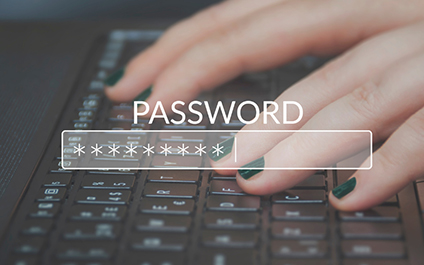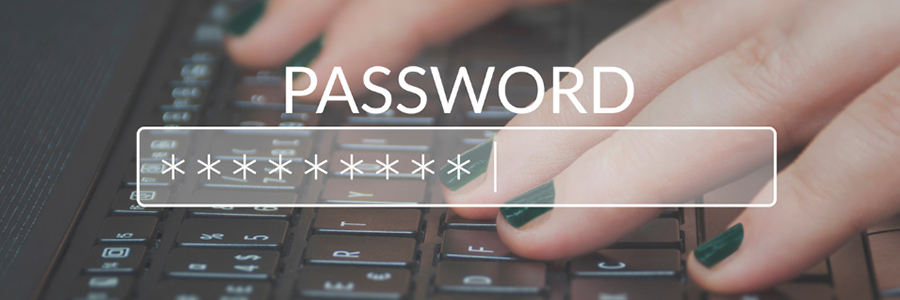Do you know the difference between a good password and a bad one? How long would it take a hacker to crack your password? We’ve got the answers to these questions and tips on how to increase your network security!
THE AGE-OLD BATTLE: CONVENIENCE VS. SECURITY
We all recognize the allure of easy-to-remember passwords; the ones that effortlessly roll off our fingertips every time we hop onto our home Wi-Fi, indulge in online shopping sprees, or pay monthly bills on the internet. There's undeniable convenience in simplicity. However, when sensitive data is up for grabs, many have started to prioritize an extra layer of defense over effortless memory.
A study by SplashData, which analyzed over 3 million compromised passwords from a recent data breach, found that “123456” took the dubious honor of being the most frequently used passwordin 2022. Following closely was the evergreen, “password”. The tech and cybersecurity communities might find this trend unsettling, yet there's a silver lining. The 25 most common passwords from the study accounted for a mere 2% of the total data set.
Thankfully, this implies that the majority aren't using passwords like "qwerty", "111111", or "iloveyou". Could this indicate a growing awareness of the importance of robust passwords? Possibly, but it's clear that while many are moving away from the overtly simple choices, there's always room for improvement.
LEVELING UP YOUR PASSWORD GAME
Unless you’ve been hiding under a rock, you know that data breaches are not just possibilities but regular occurrences. This means that having a password committed to memory just isn’t enough. Thankfully, there are options that allow us to easily increase password strength, which in turn increases network security.
Password Managers have emerged as a game-changer. These tools not only generate strong, unique passwords for each of your accounts but also store them securely. With a password manager, you only need to remember one master password; the manager takes care of the rest.
Another monumental step towards superior security is Two-Factor Authentication (2FA). 2FA requires an additional piece of information to log in, apart from your password. This could be a text message code, a biometric scan, or an authentication app prompt. This secondary layer makes unauthorized access exceedingly challenging, even if someone manages to crack your password.
Lastly, even with these tools at your disposal, periodic password changes and updates remain crucial. Regularly updating your security practices can keep potential threats at bay.
For more insights into password management tools, 2FA, and the latest in cybersecurity, visit our Backup and Disaster Recovery page. Don't compromise; elevate your password game today.
BONUS:
Want to see how long it would take a hacker to crack your favorite password? Head on over to https://www.security.org/how-secure-is-my-password/ for a cool security check.



